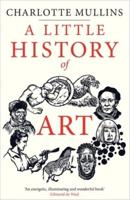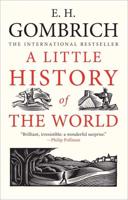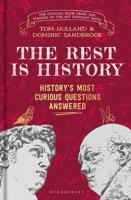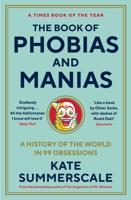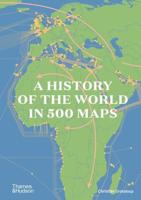Publisher's Synopsis
Philip de Souza presents a strong historical overview of the sea as a medium for the expansion and development of human society - both positive and negative impacts. The most extensive maritime networks were confined geographically and culturally until the end of the fifteenth century. This marks a watershed in the history of the seafaring civilizations of the world. Maritime networks linked societies allowing an exchange and distribution of goods, political ideologies, war and economic power. The world's major religions also spread through seafaring networks. Trading seafarers can be traced back to the Ancient Greeks, Egyptians and beyond, where communities bartered food and raw materials. The movement of goods, commodities and slaves without exchange was also an important aspect of ancient economic activity. As trading networks expanded, communities were introduced to new types of food and their diets changed. Conversely, new diseases spread quickly to communities that had not built up a natural immunity over time and in several cases throughout history can be directly connected to seafaring. Philip surveys major historical trends in seafaring technology, examining the evolution of ships from 'log boats' to super tankers. He examines the significance of ports and harbour installations and changes in maritime navigation methods.



